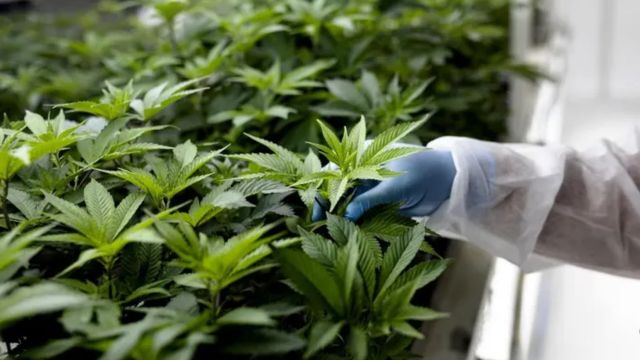Alabama Cannabis Laws You Should Know Without a Doubts
Alabama has strong legal regulations covering the use, possession, and growing of cannabis. Regarding marijuana, the state has adopted a conservative position, allowing only restricted medical cannabis use under particular conditions.
Alabama, a state well-known for its storied past and quintessential Southern charm, is also known for its position on marijuana regulations. While many states in the United States have relaxed their laws regarding marijuana, Alabama still has harsh laws that prohibit its use, possession, and cultivation.
Both locals and visitors need to comprehend the nuances of Alabama’s cannabis regulations to successfully navigate the legal environment.
Important Laws Here:
These are the top seven laws on cannabis in Alabama that people need to know about:
1. Medical Cannabis Law
Alabama passed the Compassion Act in 2021, making medical cannabis lawful for those who meet the requirements and have certain severe medical conditions.
While smoking or vaping cannabis flowers is forbidden by law, the use of medicinal marijuana products, such as oils, pills, and topicals, is permitted. To receive medical cannabis, patients need to register with the state and obtain a recommendation from a licensed physician.
2. Restricted Circumstances for Medical Use

Patients with qualifying diagnoses, such as epilepsy, cancer, chronic pain, HIV/AIDS, PTSD, and terminal illnesses, are eligible to get medical cannabis under the Compassion Act. Strict eligibility requirements are outlined by law, and a doctor’s diagnosis and recommendation are necessary.
3. Limitations on Possession and Cultivation
The Compassion Act allows up to 70 daily dosages of medical cannabis per month for patients who are registered patients. Patients are only permitted to purchase medical cannabis products from licensed dispensaries, and home cultivation of marijuana plants is still prohibited.
4. Use of Cannabis for Recreation
Tough regulations prohibit the use of cannabis for recreational purposes in Alabama. It is unlawful and punishable by law to possess, grow, or use marijuana for non-medical purposes. Even tiny amounts of cannabis possession for personal use may result in felony or misdemeanor penalties.
5. DUI Laws and Operating a Vehicle While High
In Alabama, operating a vehicle while high on cannabis is prohibited, just like in other states. If someone is caught driving while under the influence of marijuana, law authorities will test them to see if they are impaired and may file a DUI case against them. If convicted of DUI, there may be fines, license suspension, and other legal repercussions.
6. Federal Laws Take Precedence Over State Laws
It’s important to remember that even if Alabama has implemented a medicinal cannabis program, marijuana is still prohibited by federal law.

Cannabis is categorized as a Schedule I controlled substance by the federal government, which takes precedence over state legislation. This inconsistency, even in jurisdictions where medical cannabis is authorized, leads to a convoluted legal environment and possible risks for individuals.
7. Alabama’s Cannabis Regulations And Penalties
When marijuana is possessed for non-medical uses, it can be charged as a misdemeanor, which carries penalties like fines, possible jail time, and a criminal record. Larger amounts of repeat crimes could lead to criminal charges and harsher punishments.
Final Words
For visitors and locals alike, familiarity with Alabama’s cannabis regulations is crucial when navigating the state’s legal marijuana landscape.
Although the Compassion Act was passed for medical purposes, the state still strictly prohibits the use of cannabis for recreational purposes. It is vital to comply with the established restrictions to avert legal consequences and guarantee adherence to Alabama’s cannabis legislation.
